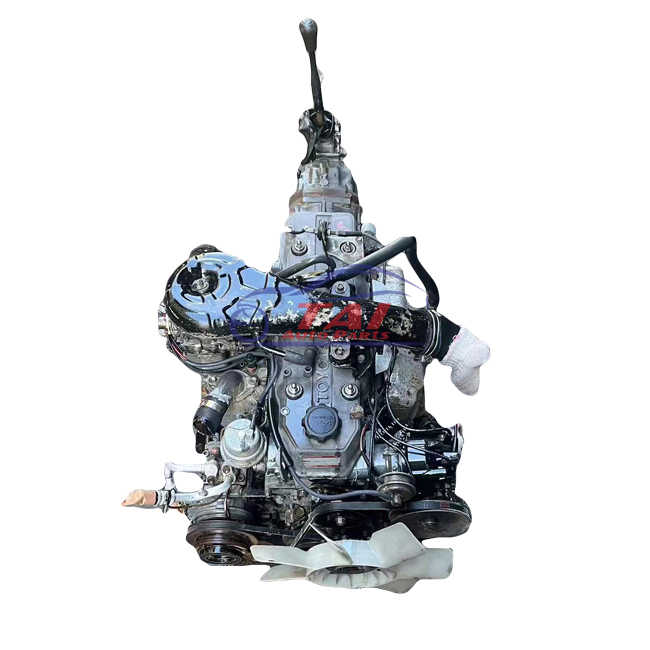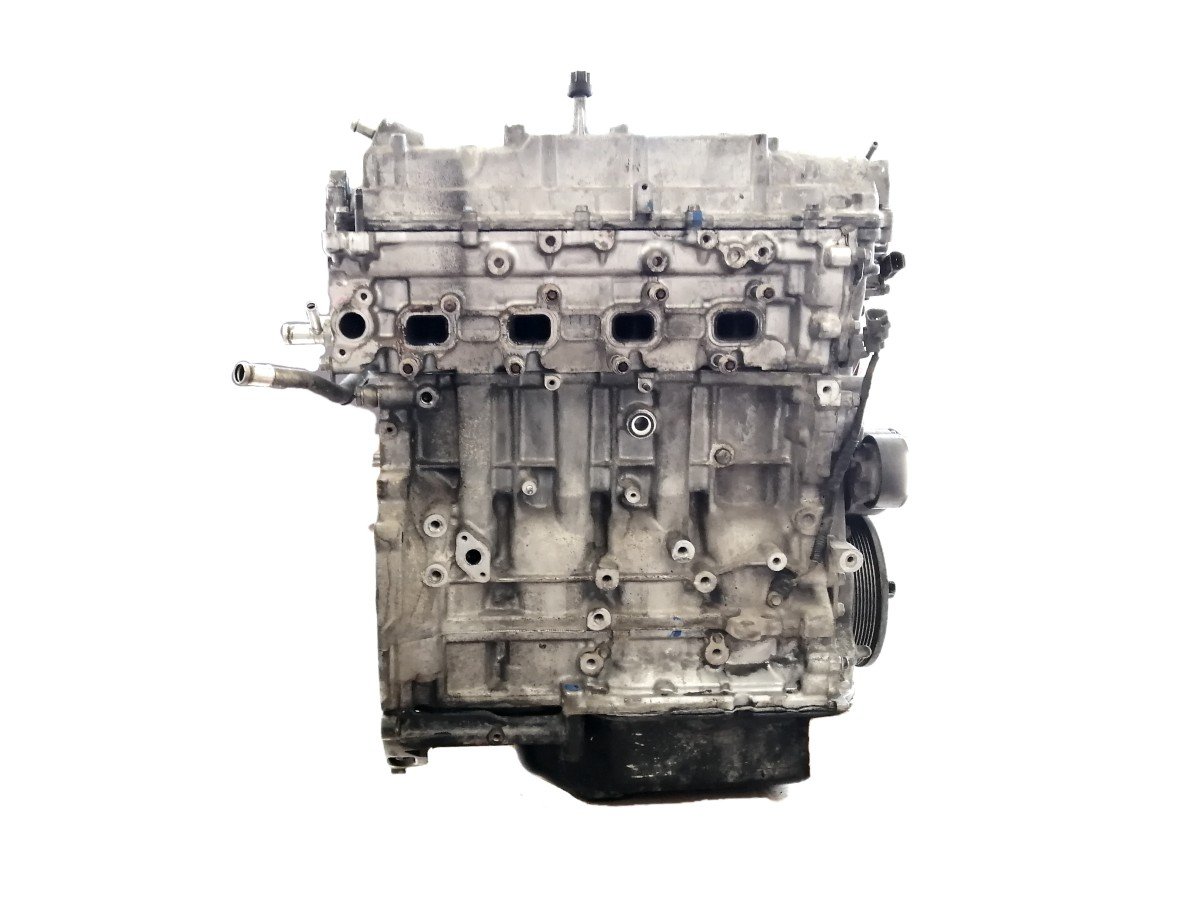Toyota RunX RSI: Specifications and Features That Excite
Explore Top Quality and Value: Your Guide to Getting a 2nd Hand Engine
When taking into consideration the acquisition of a pre-owned engine, comprehending the intricate equilibrium between quality and worth is paramount. A complete examination of engine problem, background, and integrity is vital to make certain an audio financial investment.
Understanding Engine Kind
When considering the purchase of a used engine, understanding of the different engine types is important for making an educated decision. Engines can usually be categorized into two primary kinds: inner burning engines and electrical engines. Internal combustion engines, which include gas and diesel versions, count on the combustion of fuel to produce power. Gasoline engines are normally lighter and rev greater, making them appropriate for efficiency automobiles, while diesel engines are renowned for their torque and fuel effectiveness, frequently preferred in sturdy applications.
On the various other hand, electric engines utilize power stored in batteries to power the lorry, supplying a cleaner option with fewer moving parts and lowered maintenance demands. Within these categories, there are additionally differences, such as two-stroke versus four-stroke internal combustion engines, and different electrical motor setups.
Comprehending these differences is important, as they affect performance, compatibility with existing vehicle systems, and lasting functional prices. By familiarizing oneself with the different kinds of engines available, potential buyers can much better evaluate their requirements and make selections that align with their vehicle's demands and their personal preferences.

Examining Engine Problem
A comprehensive assessment of engine problem is paramount for any individual thinking about the acquisition of a second-hand engine. Start with a visual examination; check for indicators of oil leaks, rust, or any physical damage to the engine block. A tidy engine is commonly indicative of great upkeep practices, while too much grime might suggest disregard.
Next, evaluate the engine's elements, consisting of the timing belt, gaskets, and seals. Try to find deterioration, as these components can be expensive to change. Furthermore, check out the engine installs, as harmed places might result in vibrations and further mechanical concerns.
A compression test is important to assess inner engine wellness. Uniform compression throughout all cyndrical tubes shows a well-kept engine, whereas substantial discrepancies might indicate internal damage or wear.
Paying attention to the engine throughout a start-up can provide important insights; any type of unusual sounds, such as knocking or rattling, might recommend much deeper problems. If possible, request an examination run to review efficiency under lots. By carefully assessing these aspects, potential purchasers can make informed choices and safeguard a quality second-hand engine.
Checking Engine History
Understanding the engine's history is critical for making a well-informed acquisition. Expertise of previous usage, maintenance records, and any past damages can considerably influence the engine's reliability and longevity. Begin by requesting the lorry identification number (VIN) or engine serial number, which permits you to trace the engine's history.
Make use of available sources, such as Carfax or AutoCheck, to get a lorry history report. This record will certainly provide necessary understandings, including mishap history, service documents, and previous possession details. Toyota RunX RSI. Pay specific interest to any type of indicators of severe damage or repeated repairs, which might show underlying issues
Ask about maintenance routines done on the engine. Regular oil changes, timing belt replacements, and other safety nets reflect accountable imp source ownership. Furthermore, ask if the engine has actually undertaken any type of alterations, as non-standard changes can influence performance and compatibility with your vehicle.
Lastly, if feasible, seek confirmation from a trusted mechanic that can assess the engine's problem based on its history (Toyota RunX RSI). This complete investigation will help you prevent potential risks and ensure that your investment is sound and rewarding
Warranty and Return Policies
Investing in a used engine typically features varying service warranty and return plans that can significantly influence your decision. When thinking about a used engine, it is important to extensively review the service warranty alternatives given by the vendor. Some suppliers may supply minimal warranties that cover certain parts for a defined duration, while others might provide more thorough coverage. Recognizing the conditions and terms affixed to these warranties is essential, as they can affect the long-term value and dependability of your acquisition.

Moreover, trusted vendors usually provide paperwork that lays out the warranty and return procedure, ensuring transparency. Always request for this info before finalizing your acquisition. A well-defined service warranty and return policy can supply satisfaction and protect your investment, making it an important part of the decision-making procedure when getting a second-hand engine.
Discovering the Ideal Offers
When continue reading this seeking the finest offers on a pre-owned engine, it is critical to carry out detailed research study and compare prices from various vendors. Begin by checking out online markets, vehicle discussion forums, and local salvage yards to collect a thorough understanding of the market. Using rate contrast tools can improve this procedure, highlighting affordable prices across different platforms.

Think about timing your acquisition tactically. Seasonal variations sought after can influence rates, with specific times of the year using far better offers. Additionally, be open to working out prices; several vendors may agree to decrease their asking rate, particularly if the engine has actually been noted for an extended duration.
Conclusion
In summary, acquiring a used engine requires an extensive analysis of high quality and value. Examining engine problem through inspections and examinations, confirming its background, and comprehending service warranty and return plans are vital actions. Furthermore, comparing costs throughout different sellers guarantees the very best economic choice. By adhering to these standards, customers can boost their chances of getting a dependable engine that fulfills their demands while avoiding prospective pitfalls connected with pre-owned purchases.
When thinking about the purchase of a second-hand engine, understanding of the numerous engine types is important for making an informed choice. Engines can usually be categorized right into 2 primary types: internal combustion engines and electric engines. Fuel engines are usually lighter and rev greater, making them ideal for performance cars, while diesel engines are renowned for their torque and gas performance, frequently preferred in durable applications.
A complete examination of engine problem is critical for anybody taking into consideration the acquisition of informative post a used engine. Begin by requesting the lorry identification number (VIN) or engine serial number, which allows you to trace the engine's history.